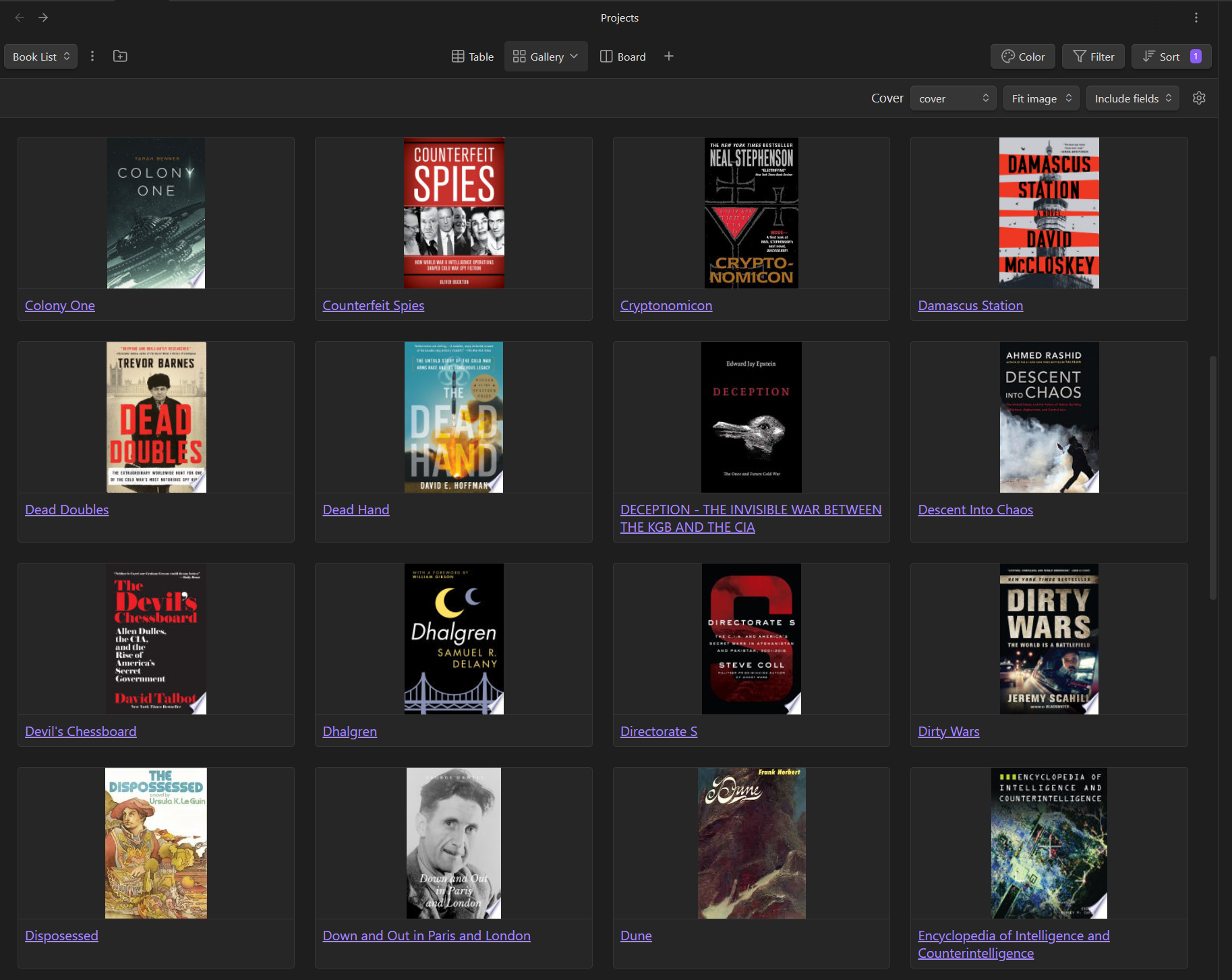Monday
Monday was spent mostly getting my website and social media up and running. Still a lot more to be done, but the critical infrastructure is done. I’m currently using Jekyll to handle most of the heavy lifting, which is a Static Site Generator. There are plenty of CMS systems out there, but for now I’m just writing posts in my Obsidian vault.
I’ve been surprised by how mediocre Substack is for writers – not only is there no API, but they don’t even seem to offer an option for raw code input, which has been standard in Wordpress for as long as I can remember. This means every post needs to be added and adjusted manually. I’ve found some workarounds, but it’s still irritating.
One of the advantages of having my own website is the ability to refine and optimize. I was considering setting up a system for annotations, for example, which would allow readers to look up words and vocabulary that are unique to Copernica, and maybe some brief character profiles.
I also spent some time developing quick and simple Python scripts to automate my process. For example:
- obsidian_to_jekyll.py: automatically pull notes from my Obsidian vault based on the YAML header. When this post is ready, all I have to do is set it to “publish” and it takes care of the rest.
- jekyll_to_website.py: This pushes the latest updates for me, so I don’t have to mess around with an FTP client.
The book website could use a little more pizzazz, and the blog is very rudimentary, but I’ll figure something out eventually. I’d also like to start keeping backups with Github, but I’m making an active effort to build things that are good enough and worry about improving them later.
None of this is particularly difficult, but I still found it exhausting – I have a great deal of energy for creative projects, but I do get burned out fairly quickly by this sort of tedious minutiae. There are also always an endless amount of little barbs thrown in, as well: I spend a lot of time getting the Substack up and running, and just when I thought I was almost done, I flipped the switch to turn on monetization…
… and then I had to go through the setup process for Stripe, which was an entirely different hassle.
Writing involves a surprising amount of non-writing. There’s a reason writers have editors and assistants.
Tuesday
On Tuesday, I prepped Scrivener for the next chapter. I’m actually pretty sick of Scrivener, to be honest, but I haven’t really found a solid alternative yet.
I also checked out what I’ve jotted down for Chapter 4. It look like I’ve written about 6686 words so far, although these are highly fragmentary and disconnected – a single line of dialog from 4.2, a rough sketch of an environment for 4.4.
I also set up a new workspace in Obsidian, and spent some time reviewing and cleaning up some of my old notes. I actually value maintenance of my vault, since it forces me to go back and refresh my memory and exposes me to things I might have forgotten.
I also put together a basic system for my walking notes – I like to go for walks and think about what I’m working on, and I record my ideas on my phone. These ideas might be a missing plot point I need to add or remove, or a clever bon mot for Serafin, or maybe even just an extended ramble where I talk through a problem. I use Easy Voice Recorder Pro for this, since it’s reasonably priced and also offers the ability to record via Bluetooth.
Once the recording is complete, it’s uploaded to my cloud storage, where my system detects it, transcribes it using WhisperX, and then adds or appends it to a markdown file for easy review later. I was using an old copy of Dragon NaturallySpeaking for this process, but Whisper seems more reliable and more flexible.
Wednesday
I spent most of Wednesday at the bookstore and the library.
Thursday
On Thursday, I went through my books and updated my reading lists, which were in poor shape. When I’m in the middle of my work, I tend to reach toward the quickest and easiest solution to writing something down so I can remember it later, and as a result I had notes and reminders scattered across physical notebooks, Obsidian, Notion, and my phone, along with random text files scattered across my computer and cloud storage.
I’ve gone ahead and consolidated all of this into a central database in Obsidian. I was initially somewhat reluctant to do this, since Dataview doesn’t allow you to edit results and I preferred Notion’s user interface, but after some digging I found Obsidian Projects, which seems to offer the best of both worlds. It’s a bit finicky, but it’s good enough.
Throw in a quick call to the Google Books API for metadata and covers, and I’ve got a nice clean database I can use to see what I’ve read, what I’m reading, and what I need to read in the future.

There will be a lot of discussion of reading and notes going forward.
Friday
This was not a very productive day – I actually did a fair amount of work, but don’t feel like I accomplished much. There’s some applications I’m trying to build which should help streamline and simplify a lot of my work, but will take some effort to get working properly, and it’s easy to chase some bug for a while and lose sight of the project as a whole.
On the bright side, I did manage to make a nice page for book statistics.
I also worked on my outline for Chapter Four, but I’ll save that for next time.